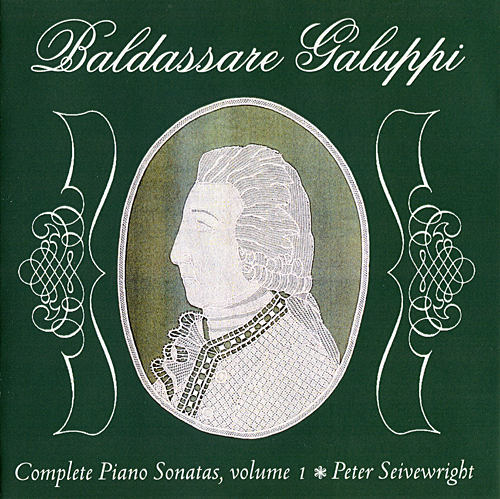
English | 1979 | ISBN: 2856890083 | 100 Pages | PDF | 7 MB
What would Lully, Corelli, Couperin and Rameau be saying today, if the performance of their works could already be described as "appalling" in 1775, only a few years or decades after their graves had been freshly dug? Indeed since 1 750 (the year of J. S. Bach's death), the Baroque era had been in decline. The dawn of Classicism was beginning to be clearly visible. In 1775 Haydn was forty-three, Mozart nineteen, Beethoven five years old: another musical world had decisively eclipsed the preceding one. Even though certain traditions persisted, the old forms, concepts and instruments had undergone a radical development.





